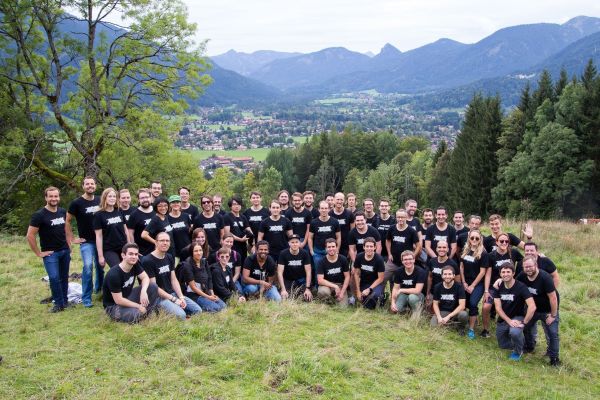Mapillary, the Swedish startup that wants to take on Google and others in mapping the world via a crowdsourced database of street-level imagery, has been acquired by Facebook, according to the company’s blog. Terms of deal aren’t being disclosed.
The Mapillary team and project will become part of Facebook’s broader open mapping efforts. Mapillary also says its “commitment to OpenStreetMap stays”. Writes Mapillary co-founder and CEO Jan Erik:
From day one of Mapillary, we have been committed to building a global street-level imagery platform that allows everyone to get the imagery and data they need to make better maps. With tens of thousands of contributors to our platform and with maps being improved with Mapillary data every single day, we’re now taking the next big step on that journey.
As Erik notes, Facebook is known to be “building tools and technology to improve maps through a combination of machine learning, satellite imagery and partnerships with mapping communities”. Mapping has immediate use-cases for the social networking behemoth, such as Facebook Marketplaces and its local business offerings, while another application is augmented reality.
This saw it recently acquire another European startup, Scape, news that TechCrunch broke in February. Founded in 2017, Scape Technologies was developing a “Visual Positioning Service” based on computer vision which lets developers build apps that require location accuracy far beyond the capabilities of GPS alone. The technology initially targeted augmented reality apps, but also had the potential to be used to power applications in mobility, logistics and robotics. More broadly, Scape wanted to enable any machine equipped with a camera to understand its surroundings.
Mapillary is also the latest “open” project to join and now be funded by Facebook. Last December, it quietly acquired U.K.-based Atlas ML, the custodian of “Papers With Code,” the free and open resource for machine learning papers and code.
Returning to Mapillary, the startup is keen to stress that it will continue being a “global platform for imagery, map data, and improving all maps”. “You will still be able to upload imagery and use the map data from all the images on the platform,” says Erik. It is also changing the license to permit commercial use:
Historically, all of the imagery available on our platform has been open and free for anyone to use for non-commercial purposes. Moving forward, that will continue to be true, except that starting today, it will also be free to use for commercial users as well. By continuing to make all images uploaded to Mapillary open, public, and available to everyone, we hope to enable new use cases, and grow the breadth of coverage and usage to benefit mapping for everyone. While we previously needed to focus on commercialisation to build and run the platform, joining Facebook moves Mapillary closer to the vision we’ve had from day one of offering a free service to anyone.
